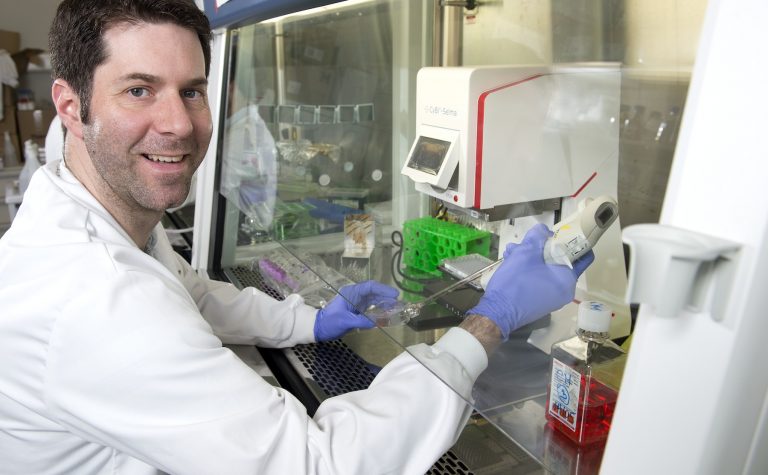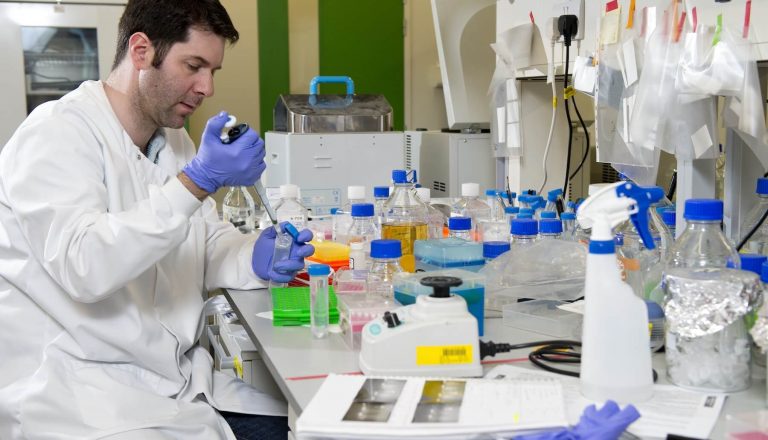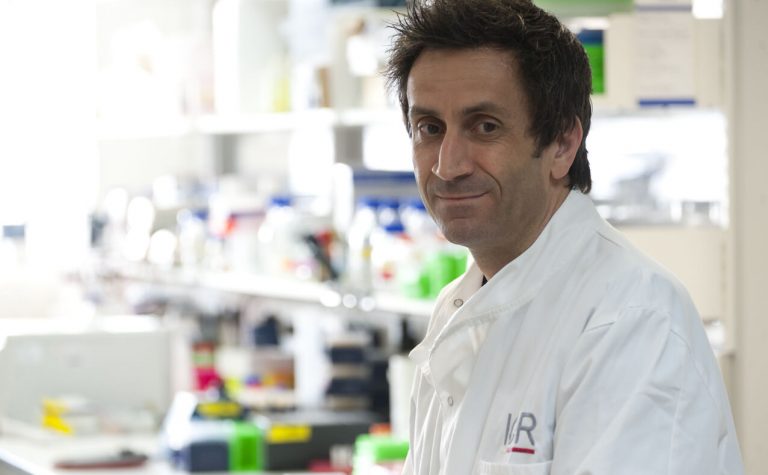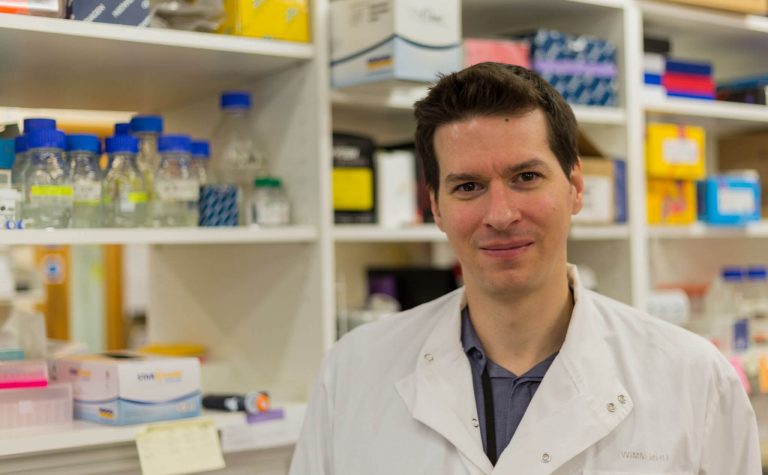International collaboration is often the best way to approach difficult research problems, and this is how we’re searching for new ways to treat the brain tumour called glioblastoma. Teams from the UK, Canada and Sweden are defining the role of a genetic mutation in the disease, and will then determine whether it represents a target for new therapies.
Our funding is enabling doctors to collaborate globally as they research the genetic make-up of a particular childhood brain tumour, and work on new ways to treat it.
Thank you
This research project on paediatric glioblastoma has been successfully completed. Your donations allow us to fund ground-breaking research that can improve treatments given to children with cancer. Thank you. Your help allows us to continue to find ways to drive up the chances of survival for children with cancer and reduce the toxic side effects that can affect the rest of their lives.




